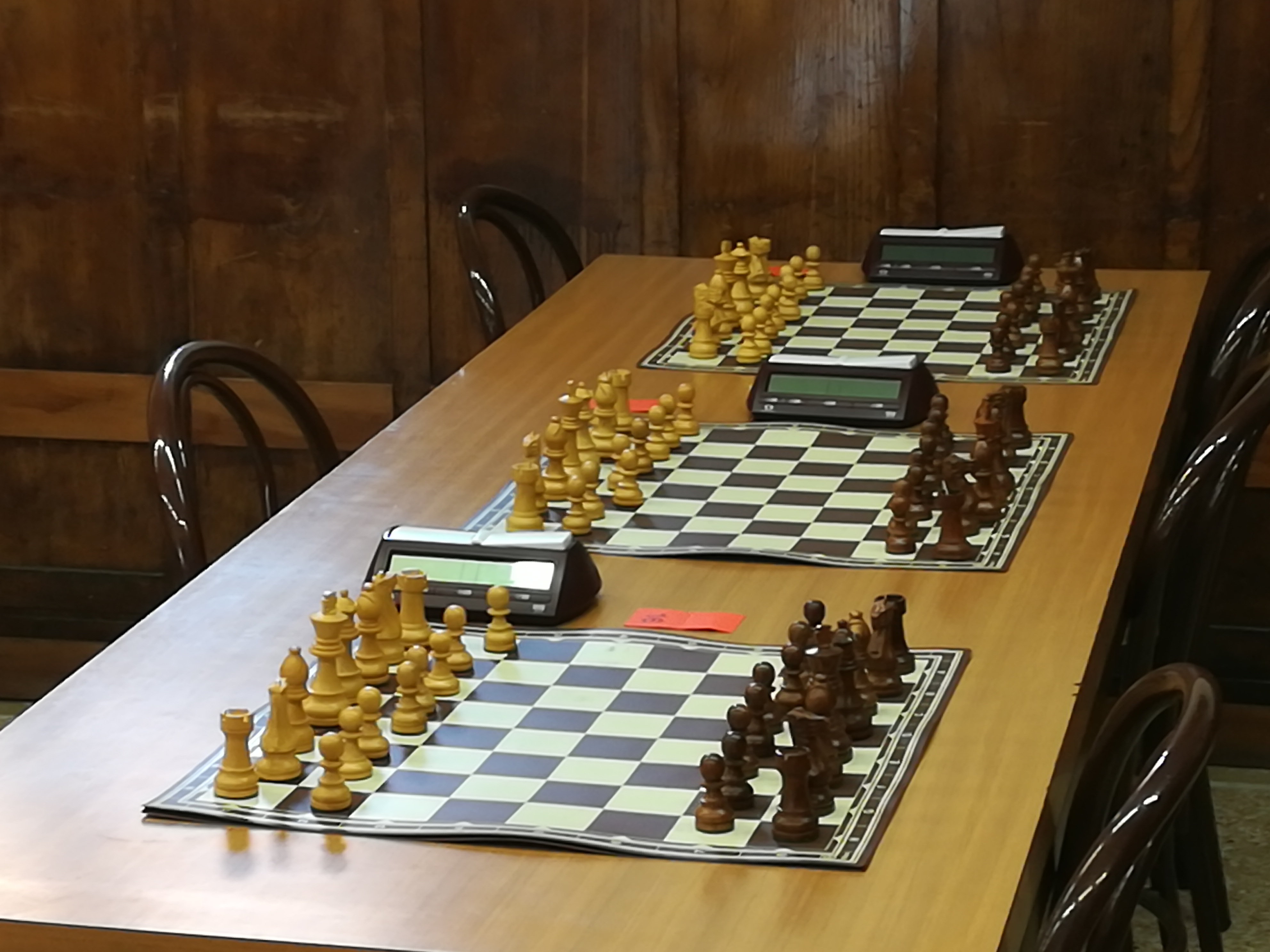Scacchi e computer: macchina vs uomo (e i computer avanzano…)
Scacchi e computer: siamo nel secolo scorso, si intravedevano gli anni ‘80 e, fra una canzone e l’altra di Pop Elettronico e New Wave, molti appassionati di scacchi si chiedevano che cosa sarebbe accaduto quando fossero comparsi all’orizzonte computer molto potenti potenti per i match fra uomo e macchina. E le prime risposte arrivarono nel 1981 quando il programma scacchistico, Cray Blitz, eseguito sul supercomputer Cray, vinse a sorpresa il Campionato del Mississipi.
Ma gli scettici non mancavano, per quanto riguardava il rapporto fra Scacchi e computer. Molti erano ancora dubbiosi sulle reali potenzialità dei computer. Fra questi “scacco-scettici” il giocatore David Levy, che sfidò pubblicamente qualunque programma scacchistico, mettendo in palio un’ingente somma. Per un certo tempo sconfisse tutti gli sfidanti elettronici, ma la sua imbattibilità terminò nel 1989, quando fu sconfitto da Deep Thought, un supercalcolatore della Ibm, in un match disputato ad Edmondton, nello stato di Alberta (Canada).
Ma anche qui i dubbi rimasero: la maggior parte degli appassionati sostenne che David Levy, pur essendo un ottimo maestro a livello internazionale, non fosse certo un giocatore di livello mondiale e quindi non fosse il miglior tester riguardo a Scacchi e computer.
Ma anche questa convinzione era destinata a cadere: nel 1994 si intuì chiaramente che i calcolatori stavano cominciando a rovesciare il rapporto di forza.
Proprio nella primavera di quell’anno, infatti… (continua).
English Version
Chess and computer: we were in the XIX century and many chess enthusiasts wondered what would happen when very powerful computers appeared on the horizon for match between man and machine. And the first answers came in 1981 when the chess program, Cray Blitz, performed on the Cray supercomputer, surprisingly won the Mississippi Championship. But the skeptics were not lacking, as far as the relationship between Chess and computers was concerned. Many were still doubtful about the real potential of computers. Among these “chess-skeptics” the player David Levy, who publicly challenged any chess program, giving away a huge sum. For a time he defeated all electronic challengers, but his unbeaten run ended in 1989, when he was defeated by Deep Thought, a IBM supercomputer, in a match played in Edmondton, Alberta (Canada).
But even here doubts they remained: most of the enthusiasts claimed that David Levy, despite being an excellent teacher internationally, was certainly not a world-class player and therefore was not the best tester about Chess and computers. But even this belief was destined to fall: in 1994 it was clear that the computers were beginning to overturn the balance of power. Just in the spring of that year, in fact …
(The end).
Traduzione in latinorun per gioco (by Web Tran), Scuola Elettrica et Glosbe
Computatores et Ludus Scachorum: in XIX saeculo, multis amatoribus considerante eventum rei ubi apparuit super horizontem computatorum potentes nimis certamen inter homines potentior apparatus. Et factum est in MCMLXXXI primum responsa cum latrunculorum progressio, Cray Blitz, persequor autem Cray supercomputator, mirum vicit in Mississippi torneamento.
Sed infideles non desit aliquid, quatenus necessitudinem inter latrunculorum et sicut computeatores. Multa sunt adhuc dubium circa verus potential computatorum. Inter haec “reprehendo-dubitantibus,” ludio ludius David Levy provocantis publice quis latrunculorum progressio dans auferetur magno. Electronic Challengers percussit omne tempus sed invicto tandem currunt MCMLXXXIX, victo alta putabat, IBM supercomputatores in statum par lusit Edmondton Alberta (Canada).
Sed etiam manere hic dubitationes, maxime fans separabis David declaravit, non obstante optimum magister in internationali libella, suus non genus world-ludio ludius latrunculorum super robustum et non optimum id etiam computer. Sed iam omnium iudicio constitutum esset cadere tenetur, scilicet, ut computatores in MCMXCIV erat sensit deiectum prope iam vere forza. Sicut ver in illius anni …
(Finis).
Photo by Luigi Viazzo con Huawei P8 Lite
